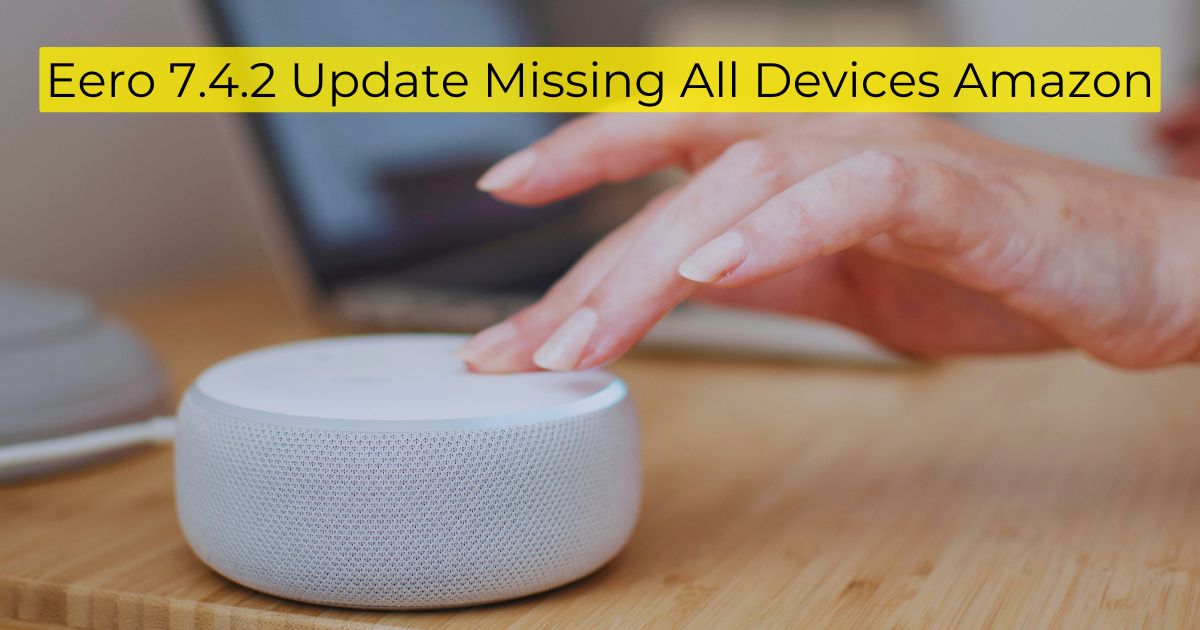When it comes to enjoying a night out at the movies, many wonder, can you watch movies in theater with eusphatian tube dysfunction? This question is crucial for those affected by this condition, which can significantly impact how they experience sound. Eusphatian tube dysfunction occurs when the tube that connects the middle ear to the back of the throat becomes blocked or doesn’t function correctly. This can lead to discomfort, muffled hearing, and even pain, especially in noisy environments like theaters.
For many, the movie theater experience is about more than just watching a film; it’s about the immersive sound, the shared laughter, and the collective gasps during thrilling moments. However, for individuals with eusphatian tube dysfunction, these elements can be challenging. Understanding how this condition interacts with the cinematic experience can help individuals make informed decisions about their movie outings. This article will explore the nuances of eusphatian tube dysfunction, its effects on movie watching, and provide strategies for a more enjoyable experience.
What is Eusphatian Tube Dysfunction?
Eusphatian tube dysfunction is a medical condition that affects the eustachian tubes, which are small tubes that help equalize pressure in the ears. When these tubes do not open properly, it can lead to a range of symptoms, including a feeling of fullness in the ear, muffled hearing, and even ear pain. The dysfunction can be caused by allergies, colds, sinus infections, or anatomical issues, making it a relatively common but often overlooked condition.
One of the most frustrating aspects of eusphatian tube dysfunction is how it can impact day-to-day activities, including listening to music, talking on the phone, or enjoying a movie. The condition can cause sounds to be distorted, making it difficult to fully engage with auditory experiences. This is especially relevant in theaters, where sound quality is a key component of the experience. Individuals may find themselves struggling to hear dialogue clearly or feeling overwhelmed by loud sound effects.
The Relationship Between Eusphatian Tube Dysfunction and Movie Watching
Understanding the relationship between eusphatian tube dysfunction and movie watching is essential for those affected. The auditory experience in a theater is designed to be immersive, with sound effects and dialogue crafted to enhance storytelling. However, for individuals with this condition, the loud sounds and complex acoustics can create challenges.
Many movie theaters are equipped with state-of-the-art sound systems that deliver powerful audio. While this enhances the experience for most viewers, those with eusphatian tube dysfunction may find the noise levels uncomfortable. The pressure changes and sound vibrations can exacerbate their symptoms, leading to discomfort and detracting from the enjoyment of the film. As a result, individuals might avoid theaters altogether, missing out on a communal experience that many cherish.
Also Read: Why Are There Two Drain Plugs on Homelite UV80522?
Challenges of Watching Movies in Theaters
The challenges of watching movies in theaters for those with eusphatian tube dysfunction can be significant. One major issue is the increased sensitivity to sound. Many people with this condition report feeling overwhelmed by loud noises, which can lead to anxiety and discomfort. This can create a barrier to fully enjoying the cinematic experience.
Another challenge is the social aspect of movie watching. Friends and family may not fully understand the discomfort that individuals with eusphatian tube dysfunction experience. This can lead to feelings of isolation, as those affected might feel compelled to decline invitations to the theater. The fear of experiencing pain or discomfort during a movie can overshadow the excitement of seeing a film with loved ones.
Recommendations for Attending Movies with Eusphatian Tube Dysfunction
Despite the challenges, attending movies in theaters can still be enjoyable for those with eusphatian tube dysfunction. One key recommendation is to choose the right theater. Look for venues that prioritize sound quality and offer screenings with lower volume settings. Some theaters even have designated showings for individuals with hearing sensitivities, where the sound is adjusted for comfort.
Another strategy is to opt for specific movie genres. Action-packed blockbusters may have more intense sound effects, while quieter dramas or animated films often feature softer audio. Timing your visit for less crowded screenings can also help, as fewer people typically mean less overall noise, creating a more pleasant atmosphere for viewing.
Conclusion
In conclusion, the question, can you watch movies in theater with eusphatian tube dysfunction? has a nuanced answer. While there are challenges, with the right strategies, individuals can still enjoy the magic of the big screen. By understanding their condition and taking proactive steps, movie-goers can create a more comfortable and enjoyable experience, allowing them to partake in the joy of cinema without overwhelming discomfort.
FAQs
1. Can I watch movies in theaters if I have eusphatian tube dysfunction?
Yes, with careful planning and consideration of the environment, many individuals with this condition can enjoy movies in theaters.
2. What should I do if I experience discomfort during a movie?
If discomfort arises, consider using earplugs or taking breaks during the film. Discussing your needs with theater staff can also help create a more accommodating experience.
3. Are there specific theaters that cater to individuals with hearing difficulties?
Some theaters offer specialized screenings with adjusted sound levels for those with hearing sensitivities. It’s best to check with local theaters in advance.
4. How can I improve my movie-watching experience at home?
Watching movies at home allows you to control the volume and create a comfortable environment. Utilizing subtitles and audio description features can also enhance the experience.










